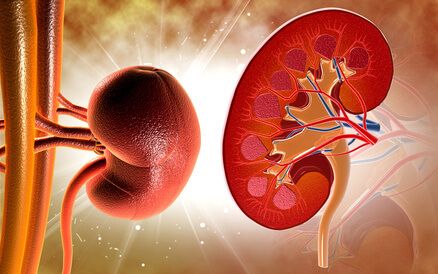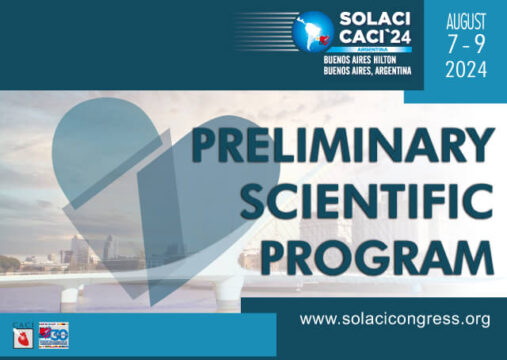Dr. Kini presented the results of the YELLOW III Study where she analyzed the effect of evolocumab on coronary plaque in patients with stable coronary artery disease.

The study included 137 patients who underwent coronary angioplasty to the culprit vessel and endovascular imaging (OCT, NIRS/IVUS) to non-obstructive lesions (30%-50%). If their plaque was lipid-rich (defined as a maximum lipid arc >90 and with a minimum fibrous cap thickness ≤120µm), patients were included.
Patients received evolocumab 140 mg every two weeks and statins for 26 weeks. Afterwards, endovascular imaging was performed.
The primary endpoint was change in minimal fibrous cap thickness assessed by OCT and change in maximum lipid loading index within 4 mm (maxLCBI 4 mm) assessed by NIRS after 26 weeks.
Mean age was 66 years, more than 70% of patients were men, and 54% of patients were diabetic.
At 26 weeks, treatment with evolocumab showed a significant increase in minimal fibrous cap thickness assessed by OCT (70.9 ± 21.7 vs. 97.7 ± 31.1 µm, p < 0.001), and a significant reduction in maxLCBI 4 mm (306.8 ± 177.6 vs. 213 ± 168, p < 0.001), as well as a reduction in total cholesterol and LDL, and a slight increase in HDL.

Dr. Carlos Fava.
Member of the Editorial Board of SOLACI.org.
Original Title: Stable CAD Plaque Morphology Improved by PCSK9 Inhibitors: YELLOW III.
Subscribe to our weekly newsletter
Get the latest scientific articles on interventional cardiology





